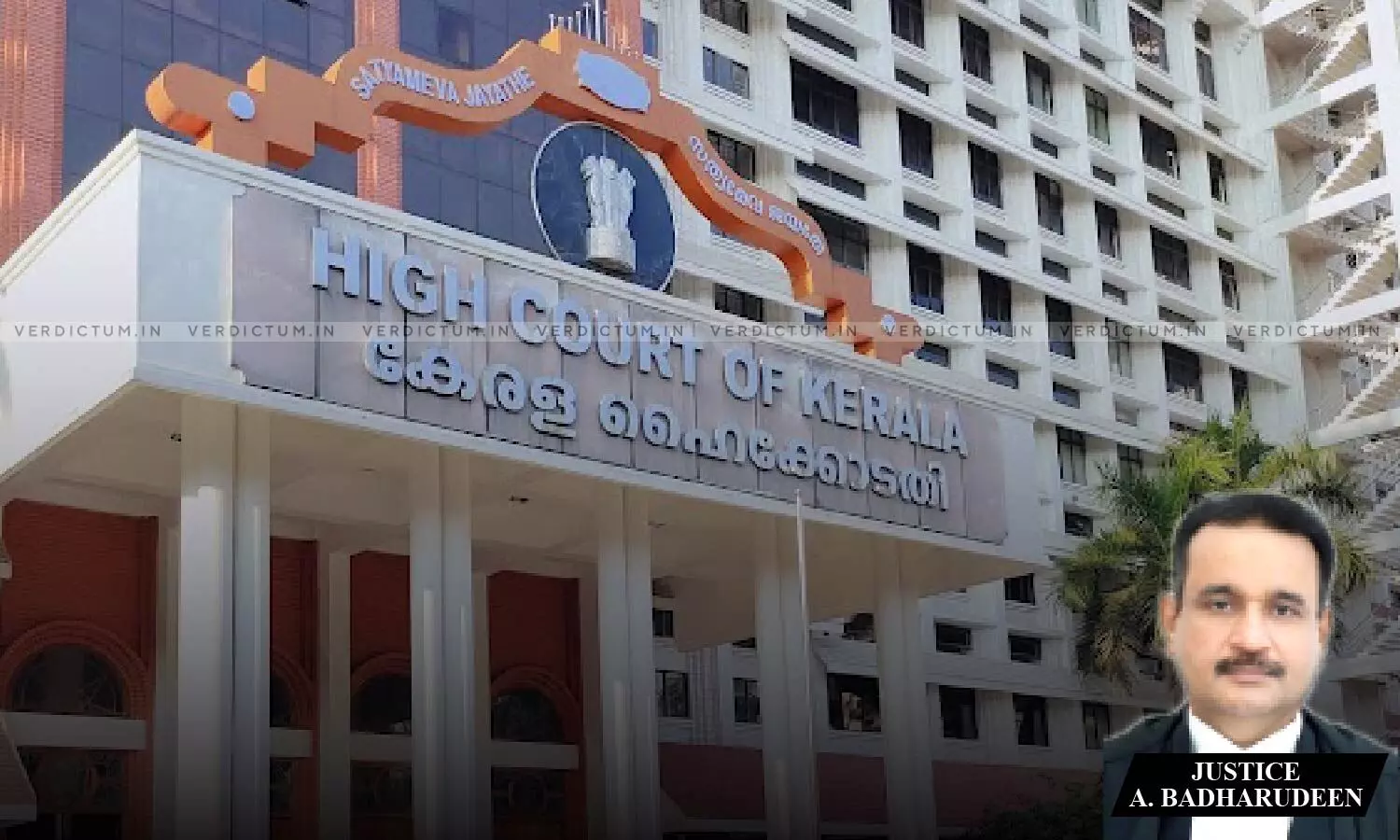
Making Cyber Defamation U/S 499 IPC A Cognizable Offence Will Be More Effective To Address The Issue Of Defamatory Social Media Posts: Kerala HC
 |
|The Kerala High Court observed that making cyber defamation under Section 499 of the Indian Penal Code a cognizable offence will be more effective in addressing the issue of defamatory social media posts.
The Court dismissed a petition to quash criminal proceedings under Section 509 of the IPC and Section 120 of the Kerala Police Act, 2011 (K.P Act) on allegations of defamatory Facebook posts and personal postcards aimed at insulting the modesty of the complainant.
A Single Bench of Justice A. Badharudeen observed, “No doubt, Section 499 of IPC would apply to defamation through Facebook and social media platforms which would come under the caption cyber defamation…True that offence under Section 499 of IPC is noncognizable and thus an exhaustive law making the offence as cognizable providing more stringent punishment, as observed by the learned Single Judge of this Court in Subin John v. State of Kerala & anr.’s case (supra) will be more effective to address the issue.”
Advocate M. Devesh appeared for the petitioner, while PP MP Prasanth represented the respondents.
The petition was filed under Section 528 of the Bharatiya Nagarik Suraksha Sanhita, 2023 (BNSS). The accused sought to quash the final report on the grounds that the ingredients to attract the said offences were not made out against him.
The prosecution alleged that the accused allegedly sent defamatory postcards to the complainant and her father, falsely claiming that she had undergone two pregnancies and abortions. In addition to these postcards, the accused posted defamatory photos and statements on Facebook.
The accused was charged with insulting the modesty of a woman, punishable under Section 509 IPC, and causing public nuisance via social media and postal communication under Section 120(o) of the KP Act.
The High Court referred to the decision in Fr. Geevargese John @ Subin John v. State of Kerala (2023), wherein the Single Bench alerted the legislature to have an exhaustive legislation to deal with defamatory statements and posters on Facebook and other social media platforms and to ensure proper punishment for the same.
The Court clarified that the Single Bench in Fr. Geevargese John @ Subin John (supra) “vigilantly not specifically observed anything to hold that IPC offence would not attract when defamatory statements being posted through social media or for cyber defamation.”
The Court also noted the argument advanced by the accused that in this matter, Section 65B of the Indian Evidence Act, 1872 certificate was not produced in support of the materials collected, containing the insulting messages.
Consequently, the Court observed that the same cannot be considered as a ground to quash the proceedings since the final report specifically stated that the pen drive, in which the photos and screenshots of the Facebook posts and the video were copied, along with Section 65B certificate were also produced before the Court.
The Bench held, “In such view of the matter, there is no reason to quash the proceedings in a case when the materials are in abundance, prima facie, warranting trial.”
Accordingly, the High Court dismissed the petition.
Cause Title: Satheeshkumar BR v. State Of Kerala & Anr. (Neutral Citation: 2024:KER:68207)
Appearance:
Petitioner: Advocates M. Devesh, M. Anuroop and Murshid Ali M.
Respondents: PP MP Prasanth